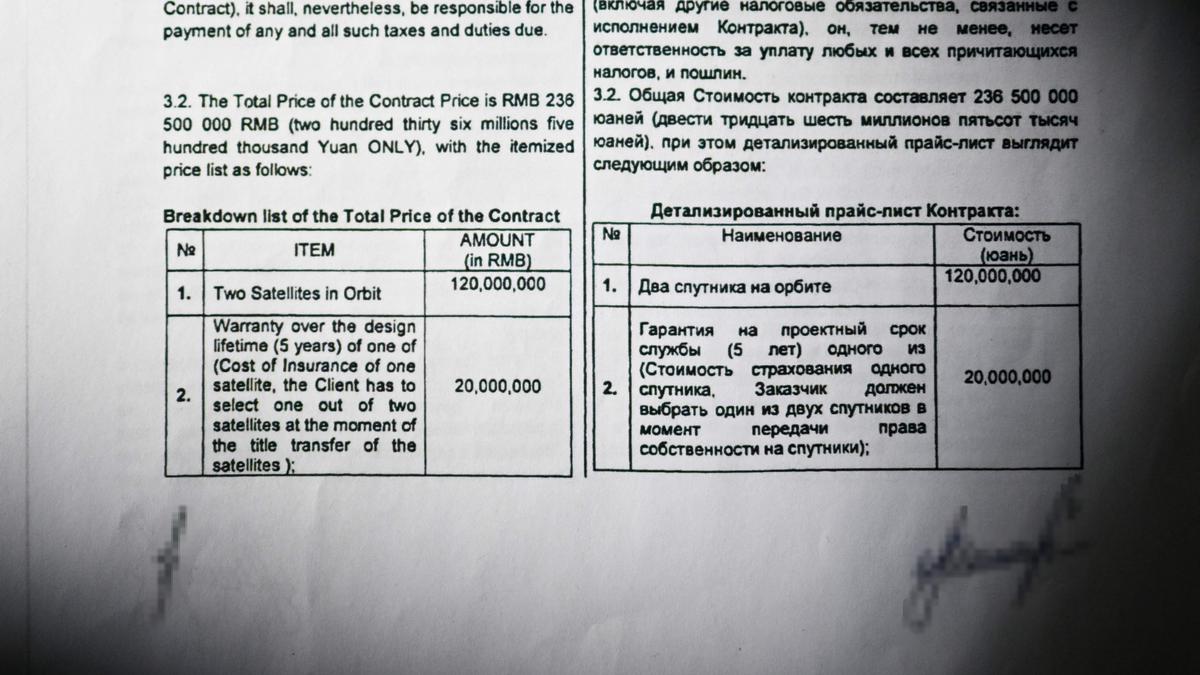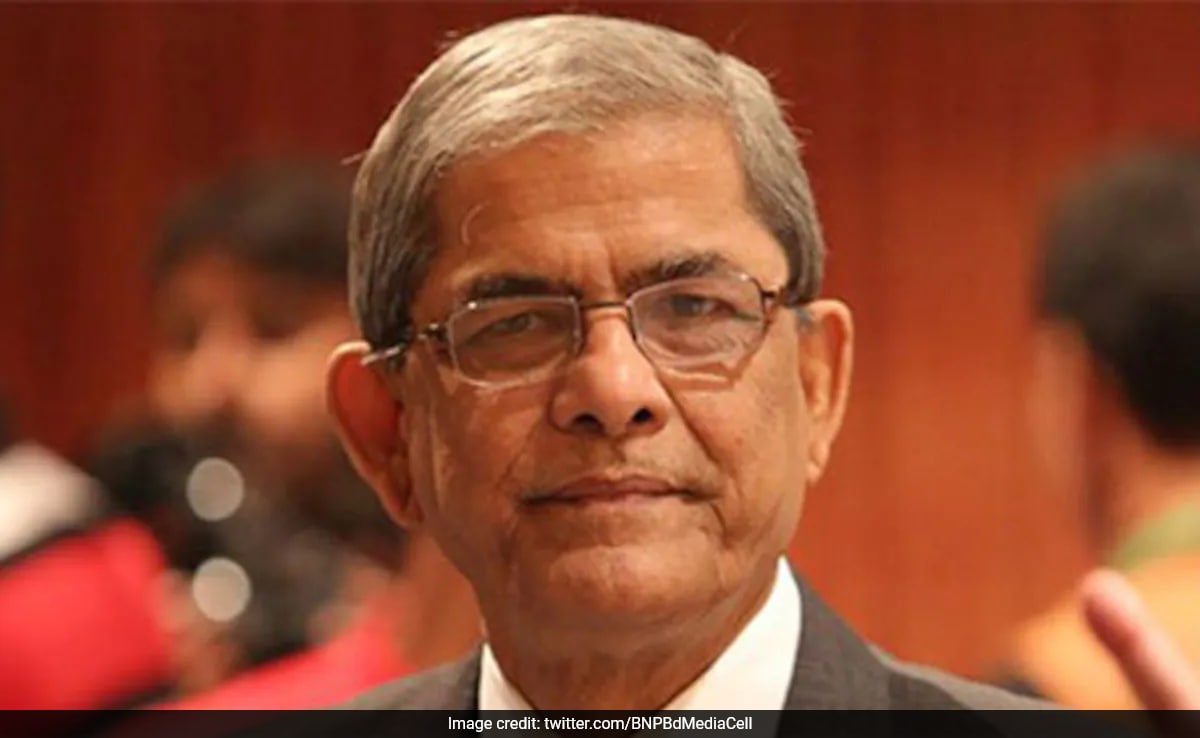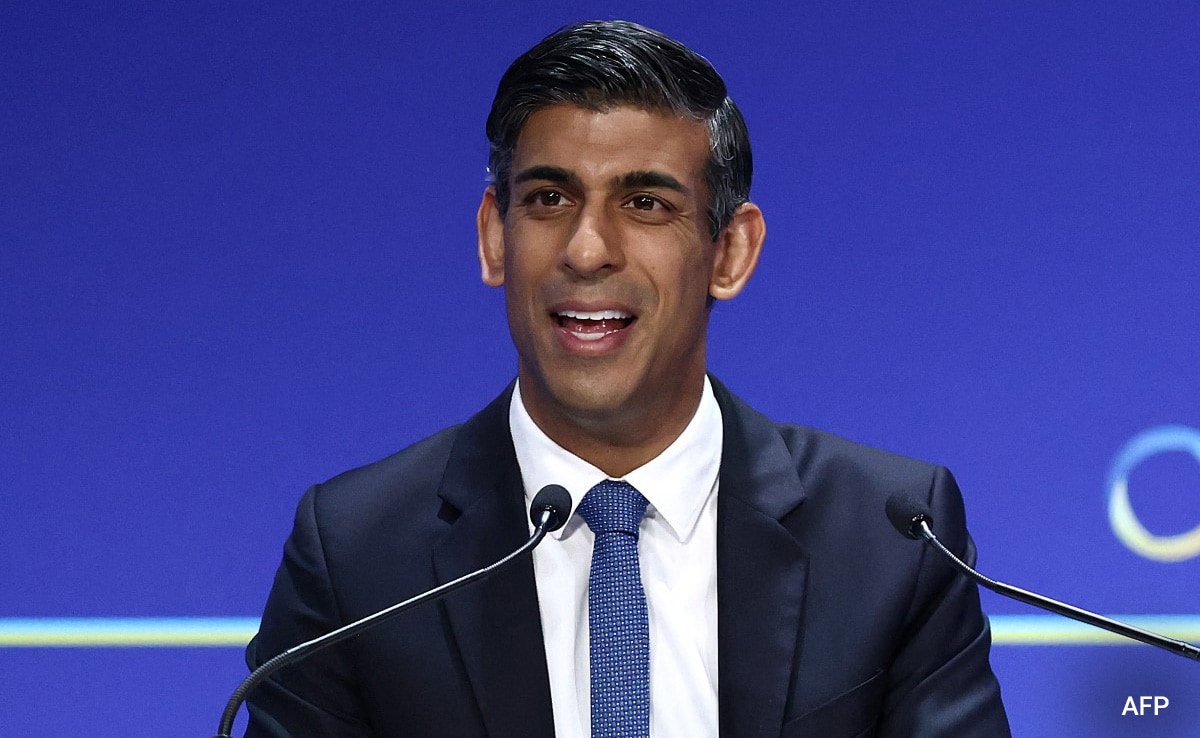Poland’s liberal opposition on October 16 appeared on track to win a parliamentary majority, exit polls showed, a day after a national election which saw the highest turnout since the fall of Communism.
The surprise result would end eight years of rule by the nationalist Law and Justice (PiS) party, during which relations with the European Union — and in recent weeks with war-torn Ukraine — have dramatically soured.
The Opposition, led by former EU chief Donald Tusk, has billed the parliamentary elections as the “last chance” to save democracy.
“This is the end of grim times,” Mr. Tusk declared late on Sunday.
Putting the liberal opposition in power would bring a huge political shift in Poland, countering the PiS party’s nationalist hardline Catholic vision for the country.
The election was dominated by issues such as Russia’s invasion of neighbouring Ukraine, migrants and women’s rights.
Aleksandra Metlewicz, an interior designer, said women’s rights were “crucial” to her in the vote.
The 33-year-old said she hoped Poland would come of the “Middle Ages”, in which she said it was stuck.
For voters in the capital Warsaw, where support for nationalists is traditionally lower, the outcome predicted in exit polls already heralded major changes.
Natalia Szydlik, a 20-year-old student, also hoped Poland’s strict abortion laws would be liberalised and said she had “big hopes that things will change”.
But, with votes still being counted, heavyweight politicians from both the ruling party and the opposition were largely silent on Monday.
Final results are expected on October 17.
Mr. Tusk has promised to liberalise abortion laws.
This issue, according to analysts, prompted an unprecedented mobilisation among women voters and helped tip the balance in favour of the liberal opposition parties.
“Until recently, half of women said they would not vote. Now these exit polls actually show more women than men voted,” said Justyna Kajta, a sociologist at SWPS University in Warsaw.
For Kajta, the turnout among women, predicted at 73.7%, was the main “positive surprise” of the election.
Projections based on preliminary results and exit polls by Ipsos on Monday showed Mr. Tusk’s Civic Coalition could win 158 seats in the 460-seat parliament.
Two smaller parties which are potential allies, Third Way and Left, were set to win 61 and 30 seats respectively.
That would give the three together a majority of 249.
The expected result is despite PiS throwing all available state resources into its campaign, controlling state television and painting Mr. Tusk as a corrupt villain.
PiS increased its nationalist rhetoric in its campaign and even entered a row with its war-torn neighbour Ukraine, despite huge Polish solidarity with Kyiv in the face of the Russian invasion.
Also Read | EU launches case against Poland over ‘Russian influence’ panel
To the opposition electorate, ending the PiS reign would also restore Poland’s reputation on international stage.
Mr. Tusk has pledged to rebuild relations with Brussels and to unblock EU funds frozen due to an ongoing standoff with Warsaw over the rule of law in Poland.
“I believe that now all these (international) ties will improve and normalise. But this will take some time,” Krzysztof Dabrowski, a pensioner from Warsaw, told AFP.
Mr. Tusk served as Poland’s Prime Minister between 2007 and 2014 and as European Council President between 2014 and 2019.
He managed to bring hundreds of thousands of Poles onto the streets in Poland ahead of the election, claiming that a million people had marched against PiS.
But some worried that he has been around too long.
Karol Jedlinski, a 42-year-old businessman, said he struggled to imagine Tusk leading Poland again.
“He is more of a figure of the past to me.”
But much still depends on President Andrzej Duda.
The conservative figure spoke to reporters on a visit to the Vatican on October 16, praising the high election turnout.
But he urged people to be patient and “wait for the results”. And while he congratulated the election “winners”, he stopped short of saying who he would back.
Analysts warn that any governing coalition formed by the opposition could face run-ins with the President, who is a PiS ally.
PiS meanwhile appeared defiant and has presented the election as a win, since it appeared to have garnered more votes than any other individual party.
Kaczynski said on October 15 he still had “hope” he could form a government.
“This is not a closed road for the moment,” he said.
The most likely coalition partner for PiS had been Confederation, a far-right party.
But the exit poll showed PiS and Confederation together would fall short of a majority, with a total of just 212 seats.















